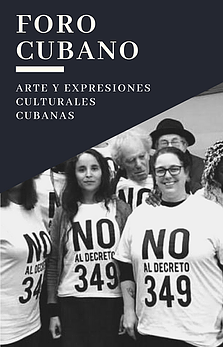The literature of the "new man"
Abstract
The 1960s was the decade of the consolidation of the revolutionary regime in Cuba, even though there was no popular base in the country to support a Marxist-Leninist revolution. It was therefore urgent to centralize political power; the Popular Socialist Party, the closest ideologically to Fidel Castro, conveniently admitted its conceptual and strategic failures... in favor of the former. The fate of other political tendencies was no better than that of President Manuel Urrutia. The recourse to cultural control was another tool of that consolidation. This began very early in 1961 with the censorship of the documentary Pasado Meridiano -PM- although it is generally accepted in the periodization of the regime that the cultural institutionalization of what was not revolutionary took place between 1971 and 1985 (del Alcàzar 2003, 278).


